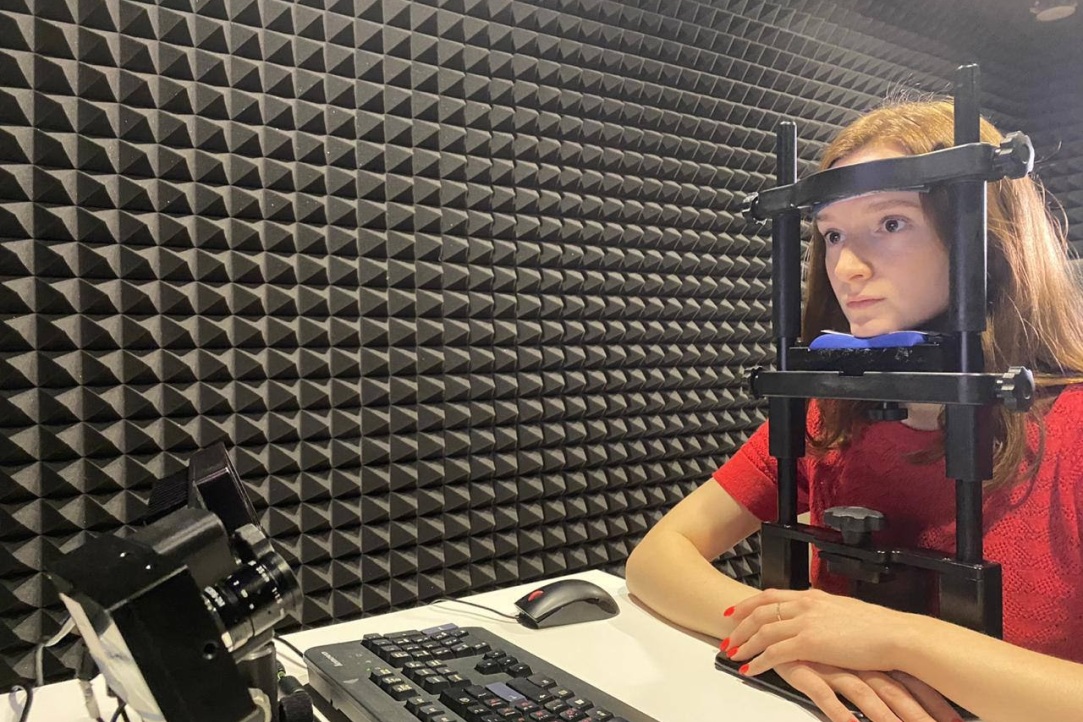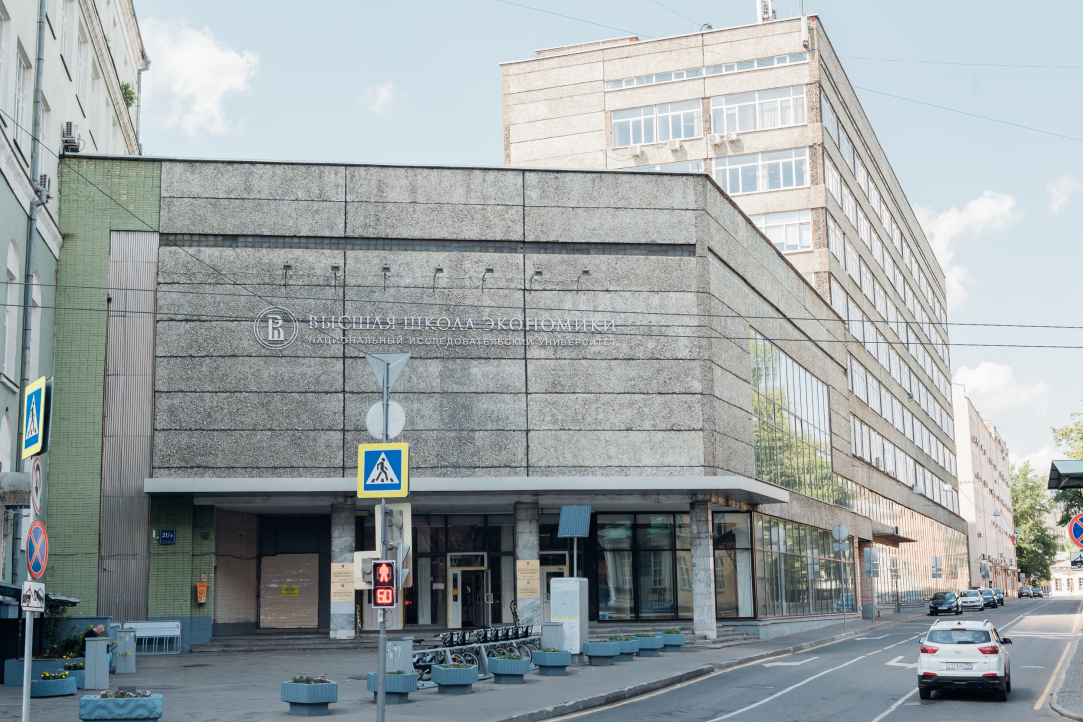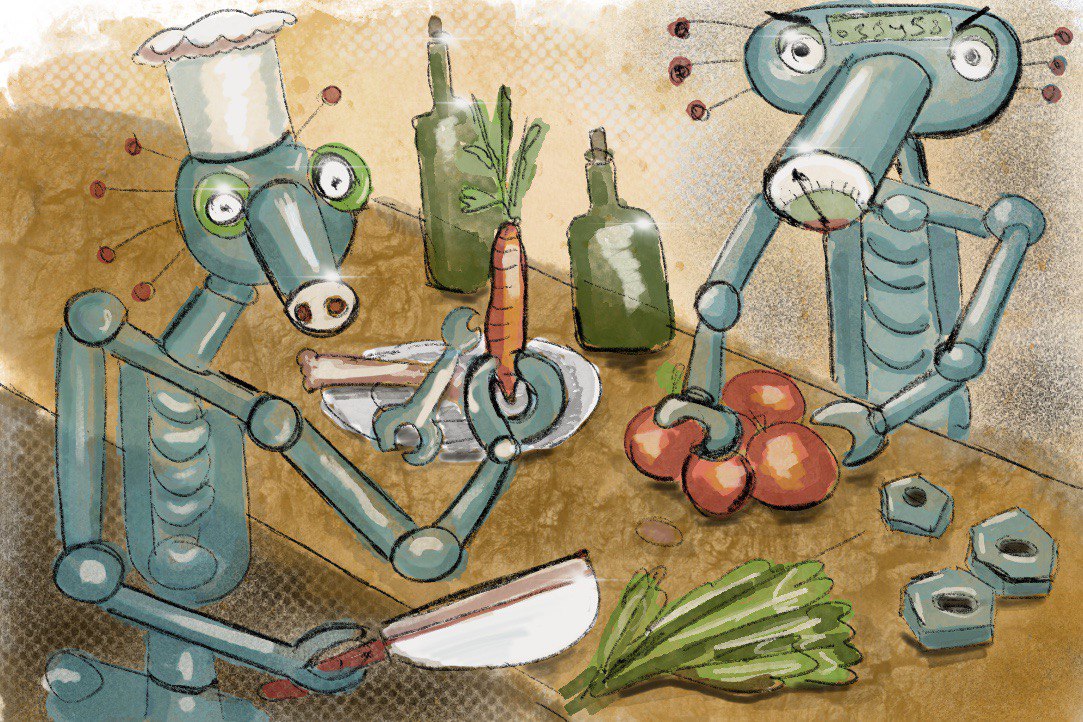
Why Men Take More Risks Than Women
Researchers from HSE University and Max Planck Institute for Human Cognitive and Brain Sciences have discovered how the theta rhythm of the brain and the gender differences in attitudes to risk are linked. In an article published in the journal Frontiers in Neuroscience, the researchers addressed which processes can be explained by knowing this connection.

HSE University Creates the Viral Genealogy Simulator to Model the Spread of COVID-19
Researchers of HSE Tikhonov Moscow Institute of Electronics and Mathematics (MIEM), in cooperation with their colleagues from the University of California, Santa Cruz (UCSC), and The European Bioinformatics Institute (EMBL-EBI), have developed software to model the spread of the COVID-19 global pandemic. This is the world’s fastest Viral Genealogy Simulator (VGsim). For more details about this scalable simulator, read the reprint on medRxiv. The code is freely available at GitHub.

Post-pandemic Rehabilitation. What Will Help Russia's Economy Recover?
The year 2020 was a period of economic hardship and significant change in a wide range of sectors for most countries. A team of authors from HSE University has explored how Russia will recover from this crisis and which industries will be affected by the economic recovery. Their study was published in the journal Voprosy ekonomiki.

Educational Inequality: Studying Country-Specific Solutions to a Global Problem
Educational inequality is a universal problem, but it manifests itself in different countries in different ways. Comparing the issue across different contexts is always interesting—even more so if the person doing the comparing has a diverse set of examples to draw upon. Adam Gemar earned his Bachelor’s and Master’s degrees in the US before earning his Doctoral degree at Durham University (UK). Now he is a Postdoctoral Fellow at HSE University’s Institute of Education, where he is studying educational inequality in Russia with the Centre for Cultural Sociology. In his interview, he spoke about his research, life in Moscow, and Russian winters.

Researchers Outline Specific Patterns in Reading in Russian
Psycholinguists from the HSE Center for Language and Brain, in collaboration with researchers from the City University of New York and the University of Stuttgart, investigated how reading in Russian varies among different groups of readers. The authors used a novel method in bilingualism research — comparison of the eye-movement sequences (scanpaths) in adult native speakers of Russian, Russian-speaking children, and adult bilinguals with different levels of Russian proficiency. The results of the study were published in Reading Research Quarterly.

HSE Experts Determine Who Should Be Liable for AI Actions
According to experts of the Digital Environment Law Institute of HSE University, Artificial Intelligence (AI) may soon become a participant of the legal decision-making process, and the AI system will be entrusted with authority. Therefore, the issue of liability for ‘automated decision making’ should be addressed. HSE experts presented a special report that evaluates whether AI designers should be liable for the automated systems they create and what actions the government can take to develop AI investment projects.

History According to Chornobog: HSE Perm Student Creates an Unusual Educational Project
‘Another City: Mystical Stories of Perm’ — this is the title of a work by Nikita Matkin, a first-year student in the Master's programme ‘Digital Humanities’. It received an honourable mention in the Best Russian-Language Scientific and Popular Science Works Competition for HSE University employees in the ‘History of Art’ track. Nikita spoke with the News Service about the idea for the project, his studies at HSE University, and his love for his hometown.

Reformatting Research Activity: First Large-Scale Projects Launched at HSE University
Less than a year ago, the Faculty of Humanities at HSE University launched four large-scale projects, bringing together representatives of different disciplines from different departments and campuses of the University. Their goals, content, staffing and expected results were presented at a meeting of the Rector’s Council. Other departments have been tasked with developing their own large-scale projects, which HSE University will be able to include in its application for the ‘Priority 2030’ programme.

‘The Traps in Our Way’: Experts Discuss Job Market and Human Capital in Russia
What fields employees can hope to get high salaries in? What is the return on higher education? How is life expectancy related to retirement age? These and some other issues were discussed by experts at the First Conference ‘Labour Market: Demographic Challenges and Human Capital’ organized by the HSE Human Capital Multidisciplinary Research Centre.

Digital Transformation: How Technologies Transform the Economy and the Social Sphere
The dazzling evolution of digital technologies is changing the face of the economy and the social sphere. Some Russian sectors — such as the manufacturing industry and financial services — are well-aligned with the global trend, while some others are lagging behind, thereby creating risks for the country's economy. A team of HSE ISSEK researchers examined current approaches to measuring digital transformation and focused specifically on its uptake by a few key sectors of the Russian economy and services, benchmarking them against the global situation. The study findings were presented in the report 'Digital Transformation of Industries: Starting Conditions and Priorities' at the XXII April International Academic Conference co-organised by HSE University and Sberbank.


Deadline for applications to present academic reports - January 20, 2025